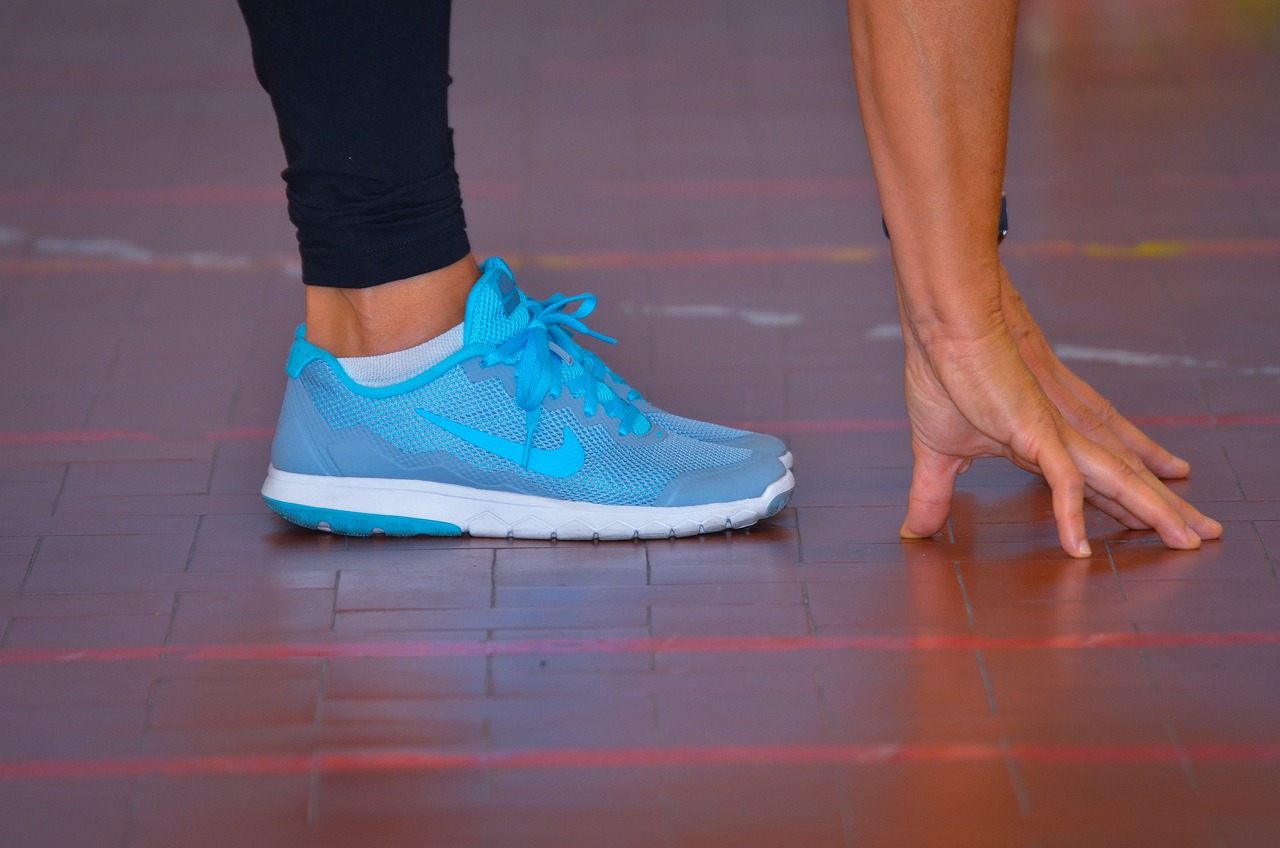Rheumatology and Equine-Assisted Learning: Lessons in Healing: Allpannel com, Play 99 exch, Gold id 365
allpannel com, play 99 exch, gold id 365: Rheumatology and Equine-Assisted Learning: Lessons in Healing
Living with rheumatoid arthritis or other rheumatic diseases can be a challenging experience. The pain, stiffness, and fatigue can take a toll on both physical and emotional well-being. Traditional treatments like medication and physical therapy are essential, but sometimes, additional approaches are needed to cope with the emotional impact of chronic illness.
Equine-assisted learning (EAL) is a therapeutic approach that involves interactions with horses to promote personal growth and healing. In recent years, EAL has gained recognition as a valuable complementary therapy for individuals with various health challenges, including those with rheumatologic conditions. Through structured activities and interactions with horses, participants can learn valuable lessons in self-awareness, communication, trust, and emotional regulation.
Here are some key insights into how rheumatology and equine-assisted learning can work together to support healing and well-being:
The Healing Power of Horses: Horses have a unique ability to connect with humans on a profound emotional level. Their nonjudgmental nature and sensitivity to human emotions make them ideal partners for therapeutic work. Interacting with horses can help individuals with rheumatologic conditions build trust, improve self-esteem, and develop emotional resilience.
Enhancing Physical Function: In addition to the emotional benefits, working with horses can also have positive effects on physical well-being. The gentle movements and rhythms of horseback riding can help improve balance, coordination, and muscle strength in individuals with rheumatoid arthritis or other rheumatic diseases. This can lead to improved physical function and a greater sense of control over one’s body.
Mind-Body Connection: Rheumatologic conditions often have a significant impact on mental health and well-being. Equine-assisted learning can help individuals cultivate a deeper awareness of the mind-body connection and learn to manage stress, anxiety, and other emotional challenges. The calming presence of horses and the focus required to work with them can promote mindfulness and emotional regulation.
Building Relationships: One of the key benefits of equine-assisted learning is the opportunity to build meaningful relationships with both horses and humans. The bond that develops between a participant and a horse can be a source of comfort, support, and companionship. This sense of connection and belonging can be especially beneficial for individuals living with chronic illness.
Empowerment and Self-Discovery: Working with horses in a therapeutic setting can help individuals with rheumatologic conditions discover their strengths, overcome challenges, and develop a sense of empowerment. The experiential nature of equine-assisted learning allows participants to learn through direct experience and reflection, leading to personal growth and self-discovery.
FAQs
Q: Is equine-assisted learning safe for individuals with rheumatologic conditions?
A: Yes, equine-assisted learning is generally safe for individuals with rheumatologic conditions, as long as appropriate precautions are taken to ensure the safety of both the participant and the horses. It’s important to work with trained and experienced professionals who can tailor activities to meet the specific needs and abilities of each individual.
Q: How can I find a rheumatology and equine-assisted learning program in my area?
A: You can start by contacting local equestrian centers, therapeutic riding programs, or mental health professionals who specialize in equine-assisted therapy. They can help you find a program that aligns with your goals and needs. Additionally, online resources and directories can also be helpful in locating programs near you.
Q: Will insurance cover the cost of equine-assisted learning for rheumatologic conditions?
A: Insurance coverage for equine-assisted learning can vary depending on the provider and the specific program. Some insurance plans may cover the cost of therapy sessions that are conducted by licensed mental health professionals, while others may not. It’s advisable to check with your insurance provider to determine coverage options and eligibility.
In conclusion, the combination of rheumatology and equine-assisted learning offers a holistic approach to healing and well-being for individuals with rheumatic diseases. By harnessing the healing power of horses and engaging in meaningful therapeutic activities, participants can gain valuable insights, build resilience, and cultivate a sense of empowerment in the face of chronic illness. If you’re living with a rheumatologic condition, consider exploring the potential benefits of equine-assisted learning as part of your wellness journey.







